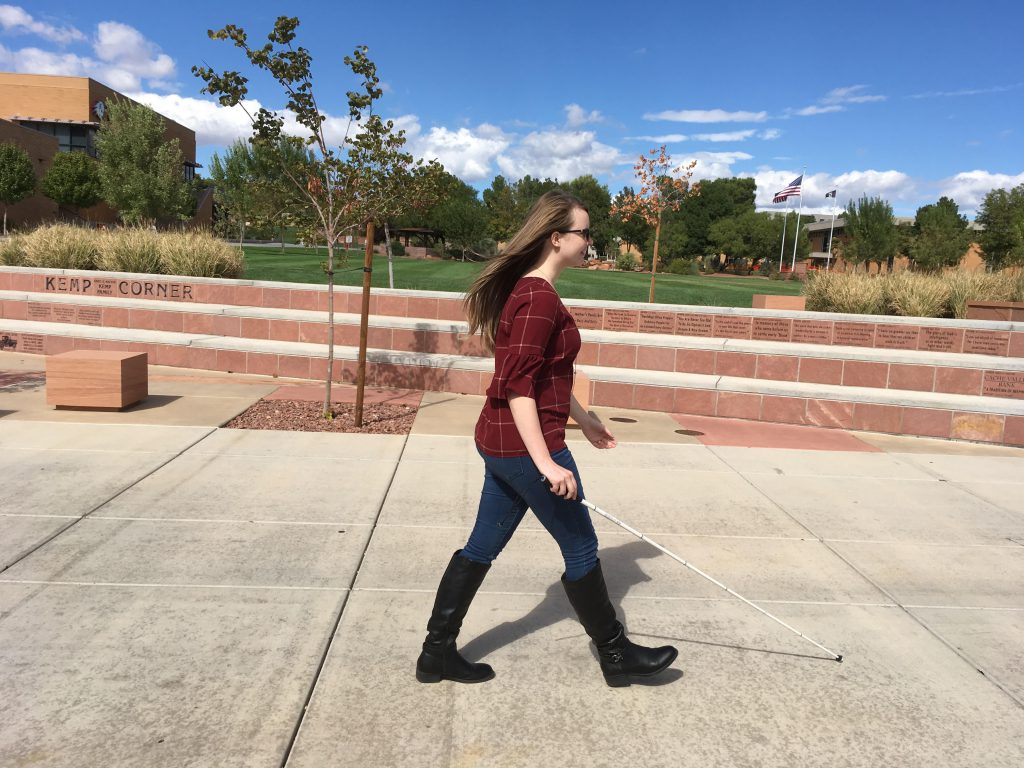Turning kids into online moneymakers isn’t harmless fun: it’s exploitation.
My issue with family vloggers is that they are doing it for the wrong reasons. At-home family videos are cute and memorable, but purposely using your child to make money is wrong. What is worse is forcing children to participate even after they’ve said they don’t want to. That crosses a line.
It can be concerning when parents post their children on social media for profit, given the potential harm of the platforms and the number of predators online.
The average photo may seem innocent to a parent, but to a child pedophile, it is something completely different. People are able to screenshot or save a post. It’s not a one-time view; they can revisit them daily. Internet stars Brooklyn and Bailey McKnight went on a podcast and shared their story of having a stalker in high school.
Family vlogging has been around since 2010. It originally started on YouTube, but has expanded to Instagram and TikTok.
I don’t agree with family vlogging. I’ve watched documentaries where, before the child is an influencer, the parents are saying, “They can stop whenever.” The minute the children are bringing in money, the parents force them to keep making content.
The best example of this is Ruby Franke. Franke would force her children to make content and would punish them if they didn’t want to. In one video, she vlogs her daughter buying training bras and forces her to try it on in the store. Franke was arrested after her malnourished son escaped her business partner’s house and ran to a neighbor’s for food and water in Ivins. In her court trials, there was evidence released of her abusing her children and videos of the children fighting back on creating content.
Shari Franke, the eldest daughter, spoke out on the abuse she and her siblings faced. She advocated for the new Utah law that protects child influencers.
Even the moms on “Dance Moms” are exploiting their daughters. It is a well-loved show that focuses on drama and shows young girls in revealing outfits. All for what? Money and fame? It’s not worth it to these children’s mental health and self-esteem fall off. Kalani Hilliker talked about her mental health struggles during the show at the “Dance Moms: The Reunion.”
It is already hard to be on the internet, but to be on there and have younger girls look up to them is even tougher. Most of those girls live a private life now. Yes, they are still on social media, but they are not posting regularly. Melissa Gisoni, Maddie and Mackenzie Ziegler’s mom, spoke out on how she was willing to take her daughters off the show for their own mental health.
Then there are families who’ve posted their children’s faces regularly then decided to start hiding their faces as they got older. TikTok creator Maia Knight used to post daily videos of motherhood with her twin daughters, then decided to start covering their faces and only showing the back of their heads. Doing this protects the girls’ privacy as they get older and start to have distinct features. I respect Knight for doing this and protecting her daughters from predators online.
Children should get to choose when they want to be online, and parents shouldn’t be throwing cameras in their kids’ faces. If they are going to make family content, parents need to hide their faces from the beginning.
The family I have the most respect for is Bratayley. They became famous for their home vlogs and have 7.13 million subscribers. None of their content was inappropriate for minors and was authentic. The family took a small break after their son died, and would talk about memories with him, portraying him positively.
As the two daughters got older, they slowly started to post less, to the point they made a video explaining how they will no longer continue as the girls don’t want to. The girls went on to post on their own social media accounts after their break, and now post content on their terms. This family is a good example to show that the children come first and should be in charge of how often you post and when to stop.
I have never agreed with children being forced to be on social media. If we are making home videos like Bratayley, I can get behind that, but anything other than that is wrong.
Your child is not your income.



